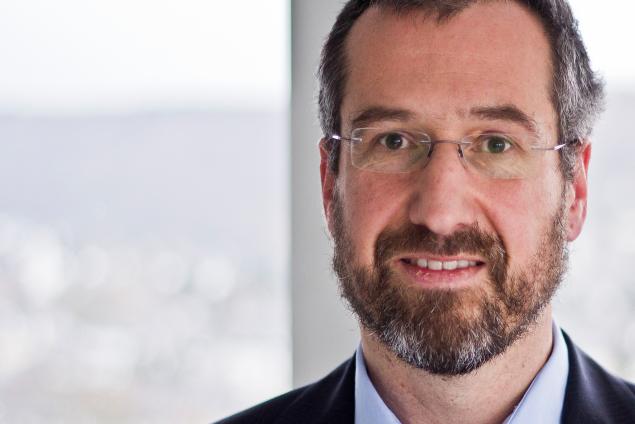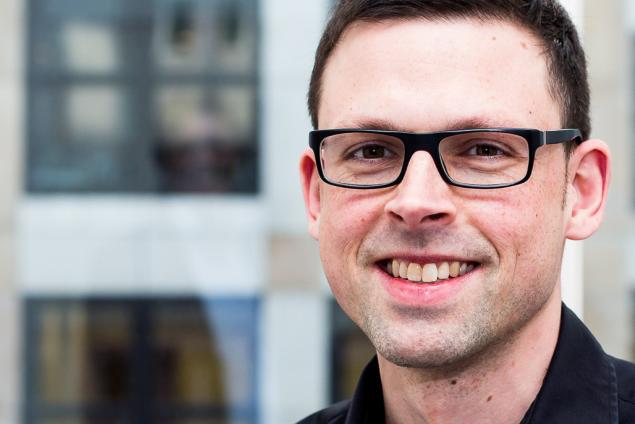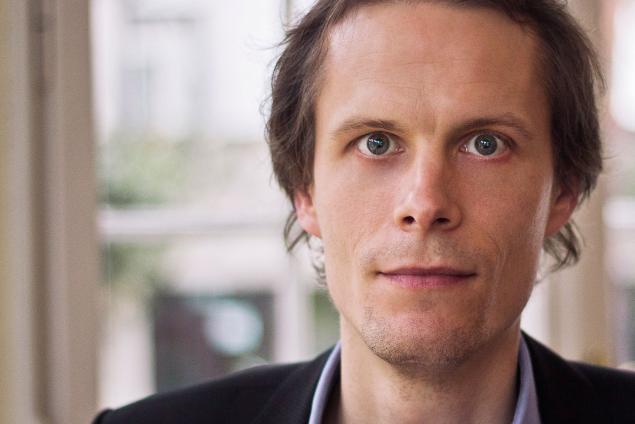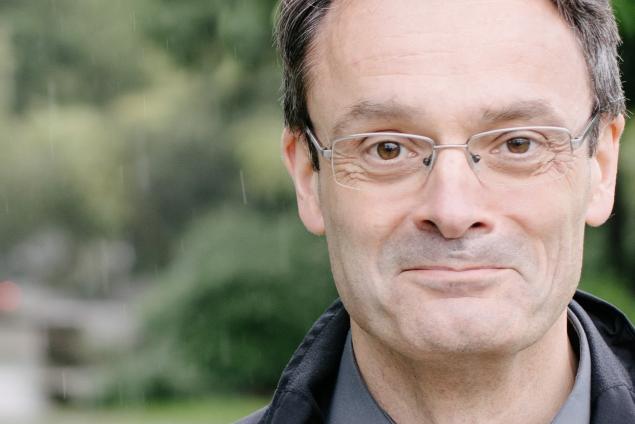Scroll to Section:
When a person dies leaving property behind, the law of succession determines what happens to it. In this video, JAN SCHMIDT explores how the desired distribution of assets is actually implemented when an estate is liquidated. Analyzing how the law of succession has developed through history and internationally, Schmidt shows that though questions of succession are extremely complex, there are shared fundamental issues which mean that approaches adopted in other times or jurisdictions can be both learned from and fruitfully drawn upon. The research breaks new ground in bringing a comparative approach to bear on the law of succession, an approach heretofore applied more readily to areas like the law of contract.
DOI:
https://doi.org/10.21036/LTPUB10864
Institution

Max Planck Society
"The Max Planck Society is Germany's most successful research organization. Since its establishment in 1948, no fewer than 18 Nobel laureates have emerged from the ranks of its scientists, putting it on a par with the best and most prestigious research institutions worldwide. The more than 15,000 publications each year in internationally renowned scientific journals are proof of the outstanding research work conducted at Max Planck Institutes – and many of those articles are among the most-cited publications in the relevant field." ( Source )
Show more
Original publication
Transfer of Property on Death and Creditor Protection: The Meaning and Role of "Universal Succession"
Nothing So Practical as a Good Theory: Festschrift for George L. Gretton
Published in 2017
Reading recommendations
European Methods for the Liquidation of the Debts of Deceased Persons
Iowa L. Rev.
Published in 1934
Beyond
A Ground-breaking Scientific Revolution
An Alarming Challenge for Society
If I Had a Second Life
A Personal Reading Recommendation




